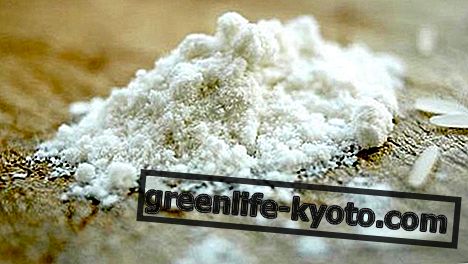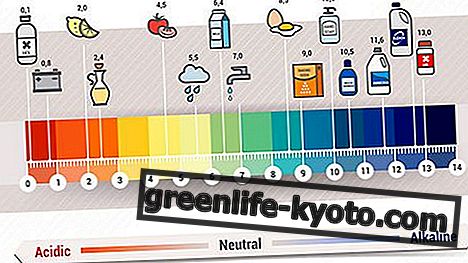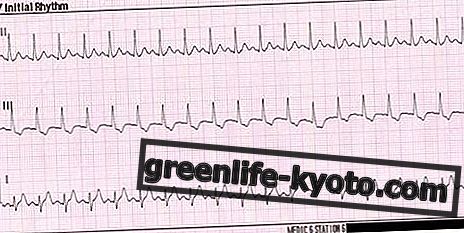Hawthorn ( Crataegus oxyacantha ) is a medicinal plant belonging to the Rosaceae family . Its name derives from the Greek, oxys, which means "tip" and akantha, which means "thorn". The Greeks considered the hawthorn a good omen and, in fact, used it to adorn the altars during wedding ceremonies. Today hawthorn is used for the treatment of the circulatory system thanks to its cardioprotective and antioxidant activity. Let's discover the characteristics and side effects of hawthorn .

Hawthorn: characteristics and properties
Hawthorn is a thorny and bushy shrub, with lobed leaves, flowers, united in corymbs, small and of white-pinkish color and fruits like small red drupes.
Hawthorn is known as the plant of the heart, in fact its leaves and its flowers contain different flavonoids, with an antioxidant action, useful for clearing arteries of free radicals and preventing cardiovascular diseases.
The intake of hawthorn is useful in cases of hypertension, against tachycardia, extrasystoles and arrhythmias, and to prevent complications in elderly patients.
Hawthorn also has a sedative and relaxing action due to the presence of vitexin, an active ingredient that acts as a spasmolytic, sedative and natural anxiolytic.
Side effects of Hawthorn
Hawthorn rarely has any side effects . In some patients, suffering from gastritis, taking this plant has led to stomach disorders, which disappear when the hawthorn treatment is suspended.
Even in the case of low blood pressure, if you are taking synthetic hypotensives, it is advisable to consult your doctor before using hawthorn.
You might also be interested in:
> Properties, use and contraindications of hawthorn mother tincture
> Hawthorn, the gemmoderivato for tachycardia
> How to prepare hawthorn tea
> Hawthorn, plant of the heart
> Anxiety problems? Try the hawthorn













